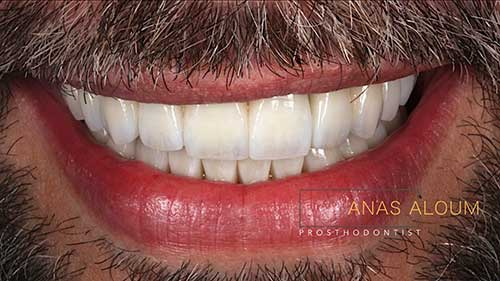
Gum disease, also known as periodontal disease, is a common oral health condition characterized by inflammation and infection of the gums. If left untreated, gum disease can lead to serious complications, including tooth loss and systemic health problems. Understanding the causes, treatments at a dental clinic Abu Dhabi, and long-term effects of gum disease is crucial for maintaining optimal oral health.
Causes of gum disease:
Gum disease typically develops due to poor oral hygiene practices that allow plaque, a sticky film of bacteria, to accumulate on teeth and along the gumline. Other factors that contribute to gum disease include:
- Smoking and tobacco use, which increase the risk of gum inflammation and hinder the body’s ability to fight infection.
- Hormonal changes, such as those occurring during puberty, pregnancy, or menopause, can make gums more susceptible to inflammation and infection.
- Diabetes, which affects the body’s ability to regulate blood sugar levels and increases the risk of gum disease.
- Medications that reduce saliva production or cause gum overgrowth can contribute to gum inflammation and infection.
- Genetics may play a role in predisposing individuals to gum disease, as some people may be more genetically susceptible to developing the condition.
Treatments for gum disease:
The treatment for gum disease varies depending on the severity of the condition. Early-stage gum disease, known as gingivitis, can often be treated with improved oral hygiene practices, including regular brushing, flossing, and professional dental cleanings. More advanced stages of gum disease may require more extensive treatments, such as:
- Scaling and root planing, a deep cleaning procedure that removes plaque and tartar from below the gumline and smooths the tooth roots to promote healing.
- Antibiotic therapy, which may be prescribed to reduce bacterial infection and inflammation in the gums.
- Gum surgery, such as flap surgery or gum grafts, may be necessary to repair damage caused by advanced gum disease and restore gum health.
Long-term effects of gum disease:
If left untreated, gum disease can have serious long-term effects on oral and overall health, including:
Tooth loss: Advanced gum disease can lead to the destruction of the supporting tissues and bone around the teeth, resulting in tooth loss.
Receding gums: Gum disease can cause the gums to recede, exposing the tooth roots and increasing the risk of tooth sensitivity and decay.
Bone loss: Chronic inflammation associated with gum disease can lead to bone loss in the jaw, compromising the stability of teeth and affecting facial aesthetics.


